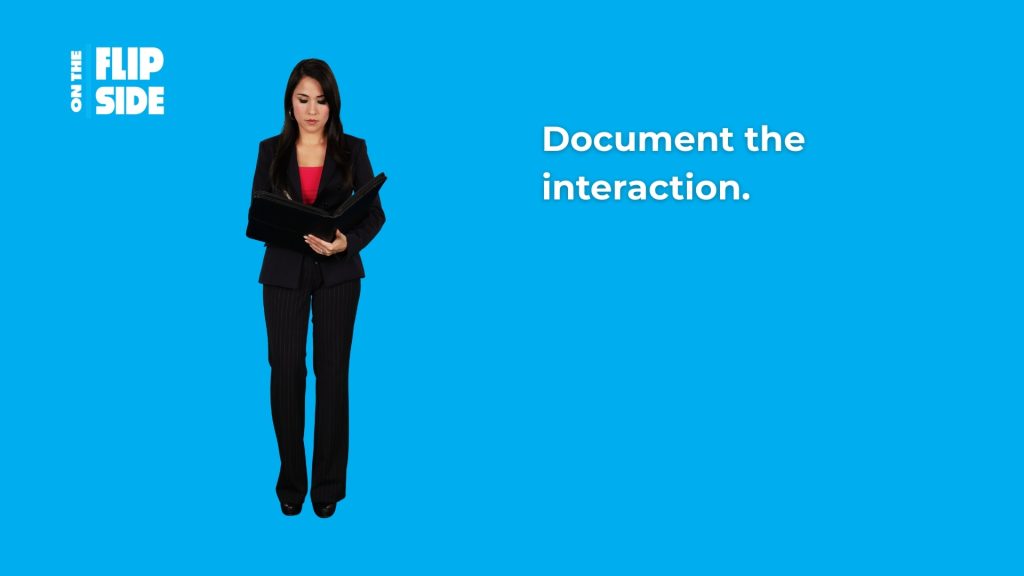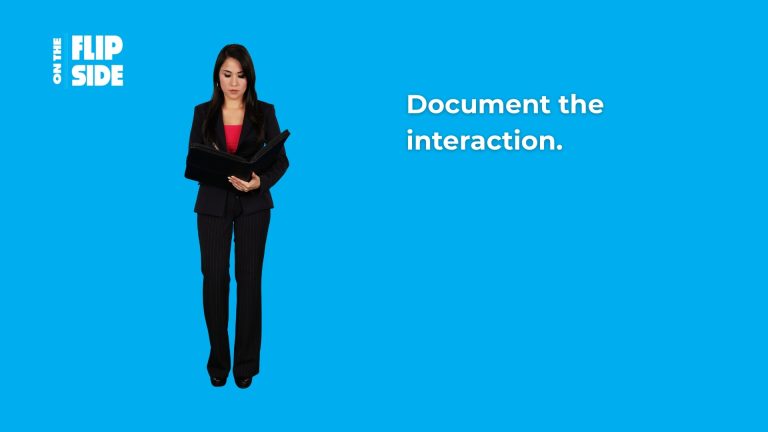How to Stay Supportive Without Overstepping
When residents open up about deeply personal struggles, it can catch even the most experienced property managers off guard. Illness, job loss, grief, family emergencies—it’s all real, human stuff. And while you may feel empathy, your job is still to ensure lease compliance, property safety, and clear documentation.
That’s why learning how to manage professional boundaries with residents is a critical skill in affordable housing management.
In this week’s On the Flip Side episode, we offer strategies to handle these conversations with compassion, without crossing into counseling or confusion.
That’s why learning how to manage professional boundaries with residents is a critical skill in affordable housing management.
In this week’s On the Flip Side episode, we offer strategies to handle these conversations with compassion, without crossing into counseling or confusion.
Know Your Role—and Stick to It
When a resident starts to overshare, the natural reaction might be to comfort, fix, or even internalize the problem. But your role isn’t therapist, financial advisor, or emergency contact.
You’re a housing professional. That doesn’t mean you lack compassion—it means you lead with clarity.
A better response: “I’m really sorry you’re going through that. Let’s talk about how it might be affecting your lease.”
This keeps the tone kind while gently redirecting the conversation toward the resident’s responsibilities under the lease.
Use Plain Language and Stay Focused on the Lease
Residents in distress may not be listening for policy language or technical explanations. That’s why simplicity is key.
- Avoid jargon, acronyms, or legal terms unless required
- Be clear about what the lease says, and what comes next
- Don’t guess—if you’re unsure, say, “Let me check and get back to you”
Keep conversations grounded in fact. For example: “I can’t waive fees or change the lease terms, but I can give you the contact for local rent relief.”
Document the Conversation (Yes, Even the Emotional Ones)
Document everything. Even if it felt more like a heart-to-heart than a lease-related meeting. This protects you and the resident by creating a clear record of:
- What was said
- What actions were promised (by either party)
- What timeline was discussed
Keep your notes factual and objective. Focus on outcomes, not emotions.
Provide Support—Without Overpromising
It’s okay to care. It’s okay to offer empathy. But it’s not okay to promise something your role can’t support.
If you have referrals or resources, offer them clearly:
- Rent relief programs
- Utility assistance
- Mental health or family support hotlines
Avoid language like “I’ll take care of it” or “We can fix this” unless you’re absolutely sure of the steps and outcomes. Overpromising—even with good intentions—can create false hope and increase liability.
Set the Standard: Professional Boundaries With Residents Matter
Handling these moments well isn’t just about avoiding legal risk—it’s about building resident trust. When people know you’ll listen, follow through, and stay within the boundaries of your role, they’re more likely to stay in good standing and follow through on their responsibilities.
And ultimately, that strengthens your community.
- Want to see how we explained it to residents? Watch this episode of Knowing More: Going Through a Lot? How to Ask for Help Without Risking Your Housing
- Watch more “On the Flip Side” episodes.







